Retro Replay Review
Gameplay
East India Company unfolds across multiple strategic layers, offering a rich tapestry of trade, diplomacy, and naval warfare. On the world map you’ll manage fleets from eight major European powers—Britain, Denmark, France, the Netherlands, the Roman Empire, Portugal, Spain or Sweden—navigating trade routes from Europe to Africa and East India. You’ll send ships to purchase and sell commodities, engage pirates, or seize ports to secure vital resupply points and trade privileges. Fleet movement is tracked visually with sight ranges, making it possible to plan ambushes or avoid enemy squadrons.
(HEY YOU!! We hope you enjoy! We try not to run ads. So basically, this is a very expensive hobby running this site. Please consider joining us for updates, forums, and more. Network w/ us to make some cash or friends while retro gaming, and you can win some free retro games for posting. Okay, carry on 👍)
The deeper management action happens at your port, where you can construct historically accurate ships such as schooners, brigs, flutes, East Indiamen, galleons and later, ships-of-the-line bristling with cannons. Here you hire crews and commanders, upgrade shipyards, warehouse goods, and analyze dynamic markets for commodities like silk, porcelain, iron, wool and tobacco. Prices fluctuate over time based on supply and the actions of rival companies, so anticipating demand and undercutting competitors is key to turning profits and fulfilling campaign objectives.
When diplomacy and trade give way to open conflict, East India Company shifts into a real-time naval battle mode. You guide your ships in a 3D environment, forming battle lines, accounting for wind and weather, and choosing shot types to damage hulls, sails or crew. You can attempt boarding actions, discard cargo to escape pursuit, or switch to a Direct Control mode to micromanage sails and cannons. For players who prefer a more hands-off approach, an auto-resolve option for combat and automated trade routes streamlines the experience.
Graphics
For its era, East India Company presents a polished visual style with detailed ship models and port environments that capture the Age of Sail. Each vessel type—from nimble cutters to massive East Indiamen—is rendered with period-accurate rigging, sail configurations and hull designs. In port, warehouses, market stalls and shipyard buildings convey the hustle and bustle of a trading empire, while subtle animations such as flags waving and rolling barrels add atmosphere.
At sea, dynamic weather effects and shifting tides keep engagements feeling fresh. Clouds cast moving shadows over the ocean, and wind strength visibly fills sails or causes choppy waves that impact ship handling. Combat animations—cannon fire flashes, billowing smoke, splintering wood and boarding grapples—heighten the tension of each encounter. Though water rendering and lighting may seem dated by modern standards, the game’s aesthetic remains engaging and functional for strategic decision-making.
The strategic map interface is clean and intuitive: trade routes, sight ranges, port statuses and fleet compositions are clearly displayed. Icons and color-coded overlays help track multiple fleets simultaneously. While there are some minor clipping issues and occasional pop-in of distant ship models, overall performance is stable on modest hardware and the UI strikes a good balance between information density and readability.
Story
Rather than a linear narrative, East India Company offers a series of historical campaigns and scenarios that let you write your own story as a trading magnate. Each campaign is framed by a nation’s ambitions—Britain’s drive for tea and textiles, the Dutch quest for spices, or Portugal’s early foothold in Goa and Macau—providing context to your missions. Briefings outline objectives such as delivering silk, conquering key ports or defeating rival nations’ fleets, giving a sense of purpose and progression.
Character-driven storytelling is minimal, but you do interact with commissioners, governors and rival company agents through negotiation screens. These diplomatic exchanges enable you to forge pacts, bribe officials or declare war, lending a personal edge to otherwise abstract economic conflicts. The absence of elaborate cut-scenes actually keeps the focus on the sandbox gameplay, allowing historical flavor and strategic depth to drive your engagement.
Between missions, a timeline tracks technological advancements such as improved hull designs and heavier artillery, subtly weaving in the broader sweep of maritime history. While you won’t encounter heroic protagonists or scripted plot twists, the evolving geopolitical landscape—shifting alliances, colonial uprisings and pirate activity—creates emergent stories that can be as compelling as any scripted campaign once you immerse yourself in the game’s systems.
Overall Experience
East India Company excels as a deep strategic simulation, blending economic management with tactical naval warfare in a richly detailed historical setting. Its multi-layered gameplay offers both breadth—through dynamic trade markets and diplomacy—and depth, in the heat of real-time ship battles. Whether you meticulously chart every trade route or dive directly into combat, the game provides enough tools for veterans and newcomers to find a playstyle that suits them.
The learning curve can be steep, especially when juggling port development, fleet logistics and global trade simultaneously, but comprehensive tutorials and tooltips help ease new players into the experience. Once you master the interface and anticipate market trends, there’s a rewarding sense of accomplishment in outmaneuvering rival companies and seeing your trading empire thrive.
Replay value is high thanks to the variety of nations, scenarios and multiplayer modes—Commander vs. Commander skirmishes, Last Man Floating free-for-alls, Domination area battles and Team vs. Team clashes. For history buffs and strategy enthusiasts looking to immerse themselves in the commercial and naval ambitions of early modern Europe, East India Company remains a standout choice that challenges your strategic mind and naval acumen.
 Retro Replay Retro Replay gaming reviews, news, emulation, geek stuff and more!
Retro Replay Retro Replay gaming reviews, news, emulation, geek stuff and more!
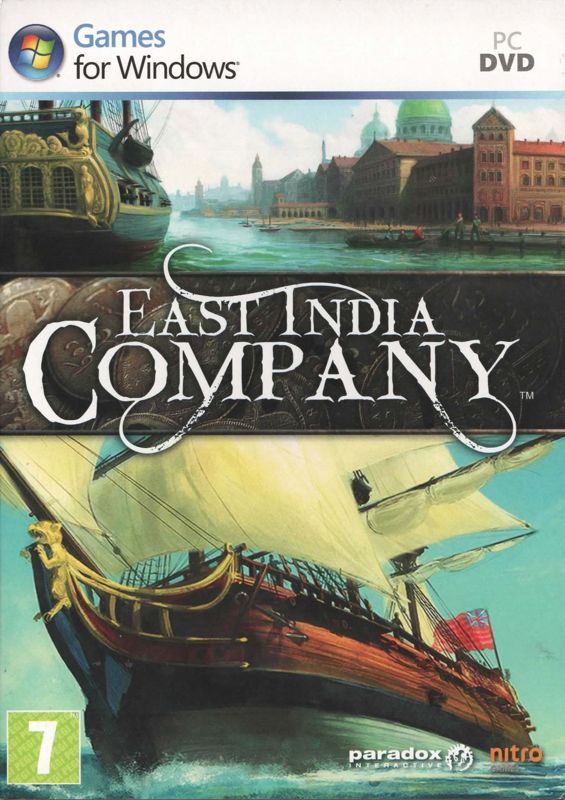
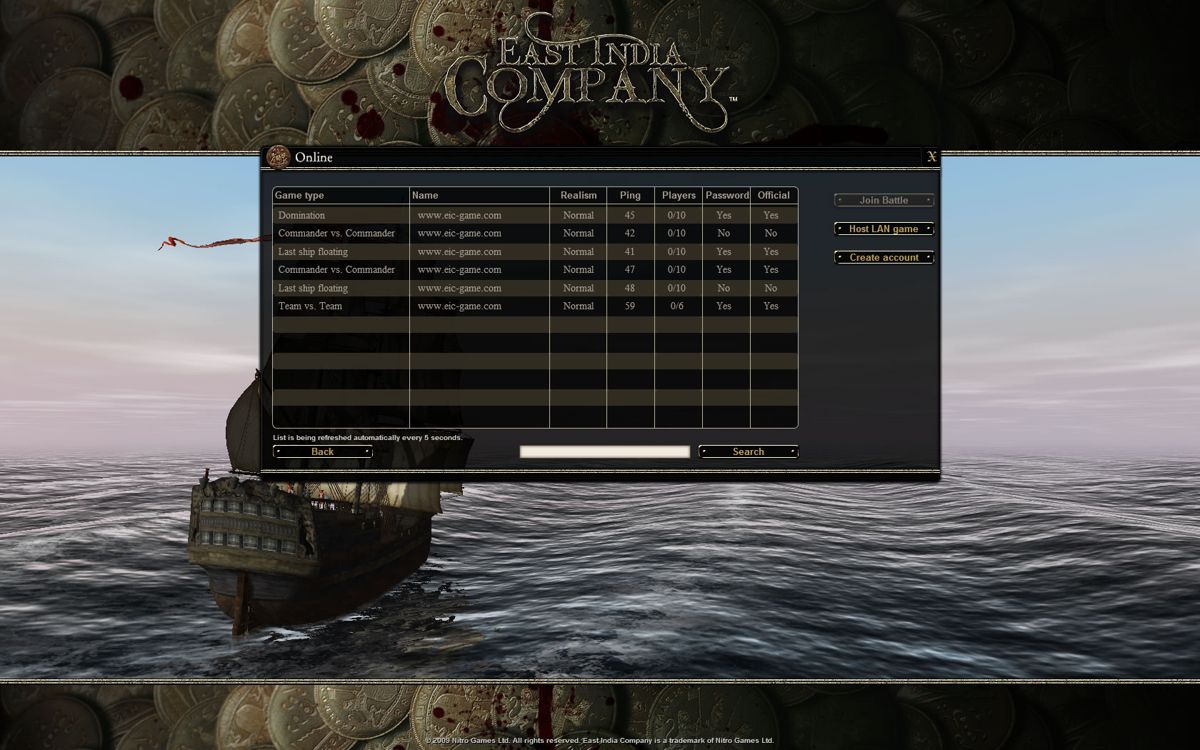
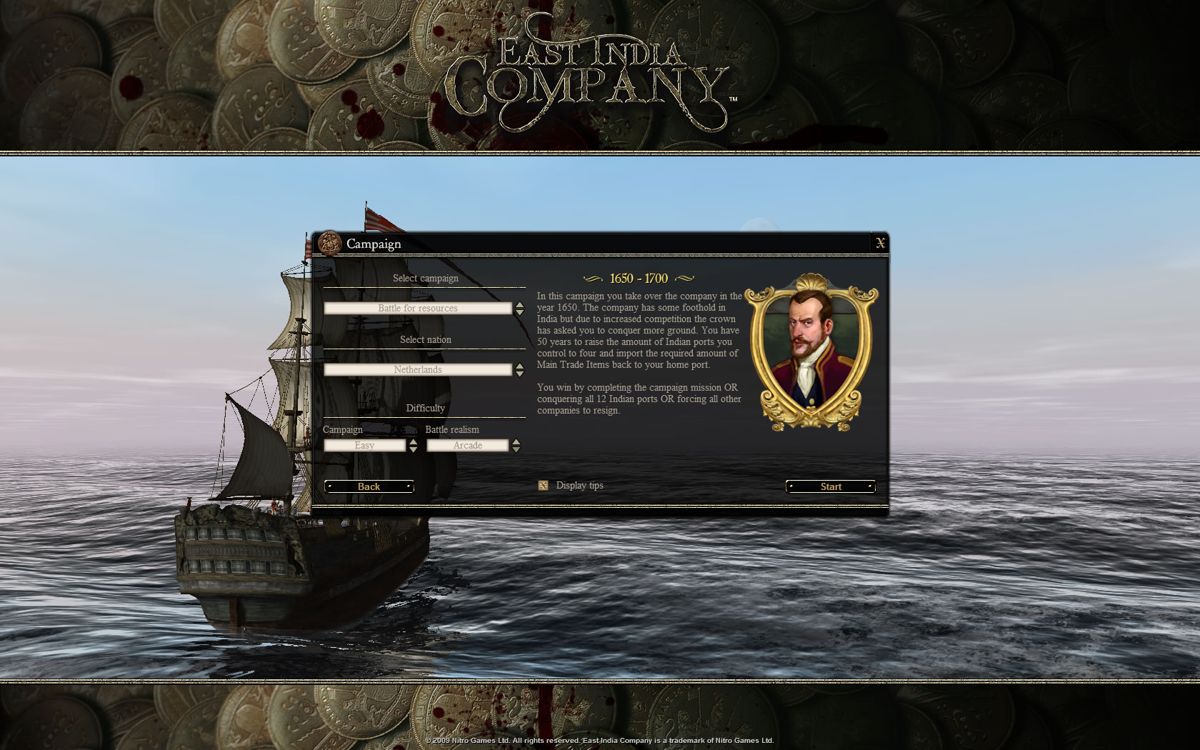
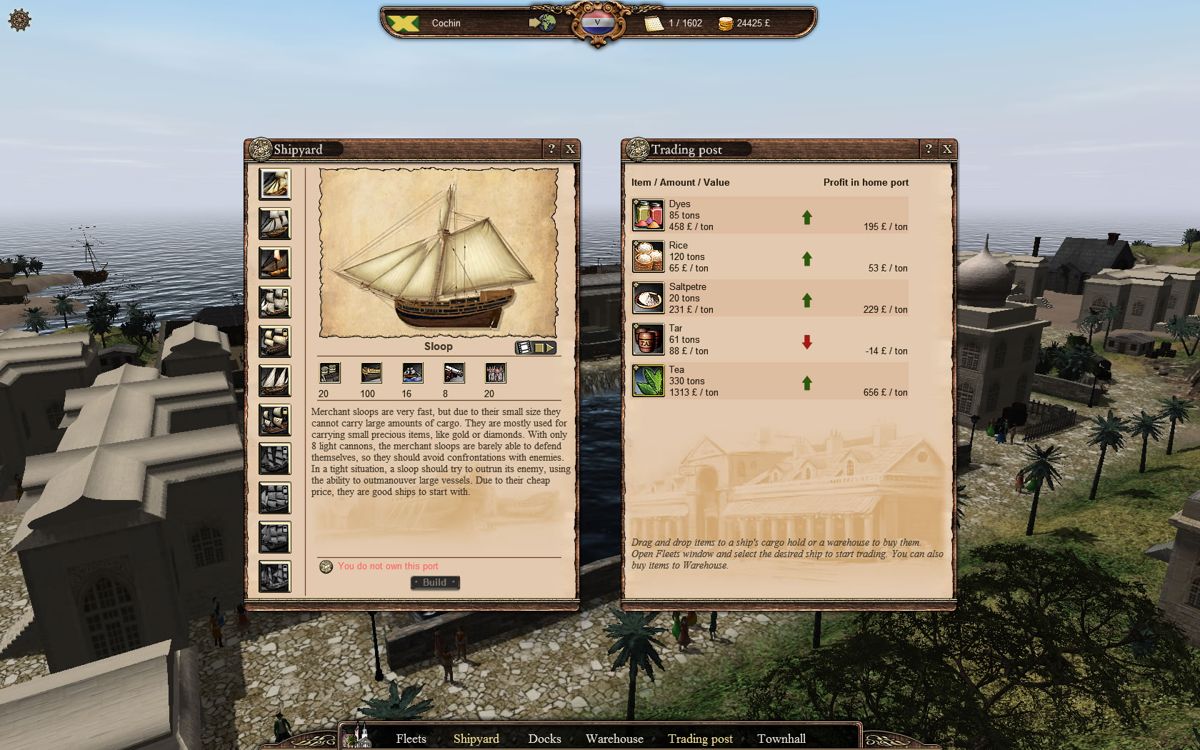
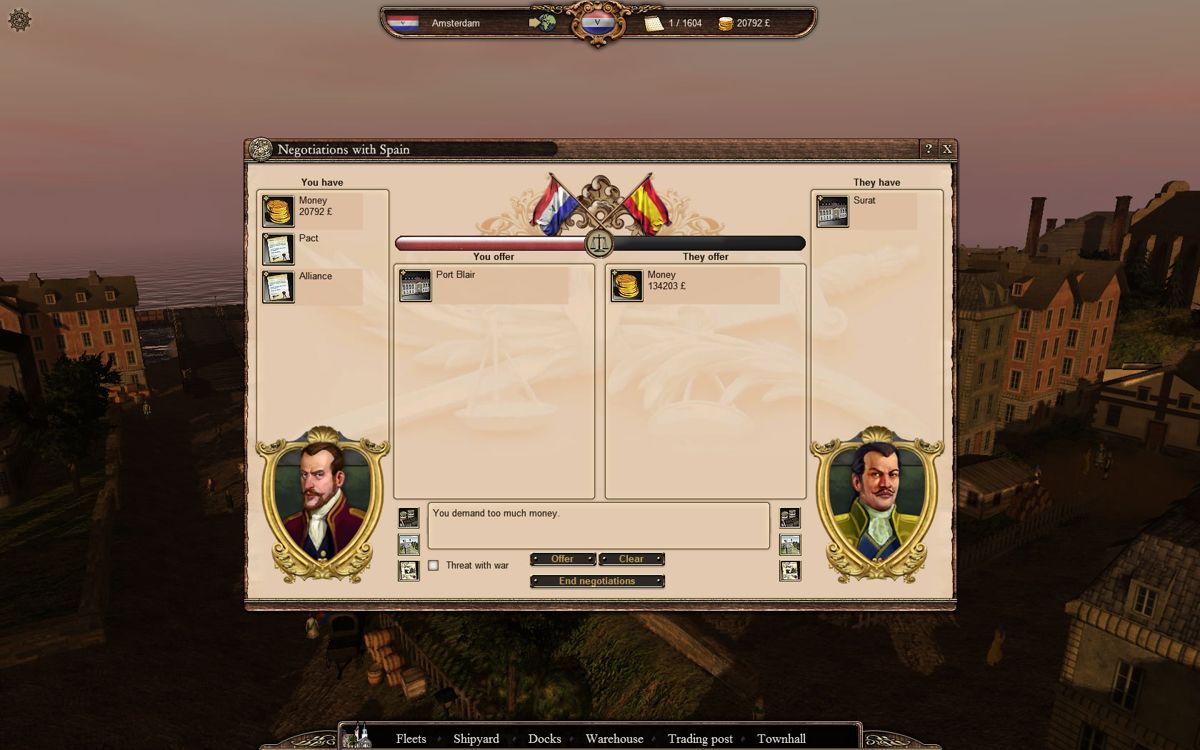
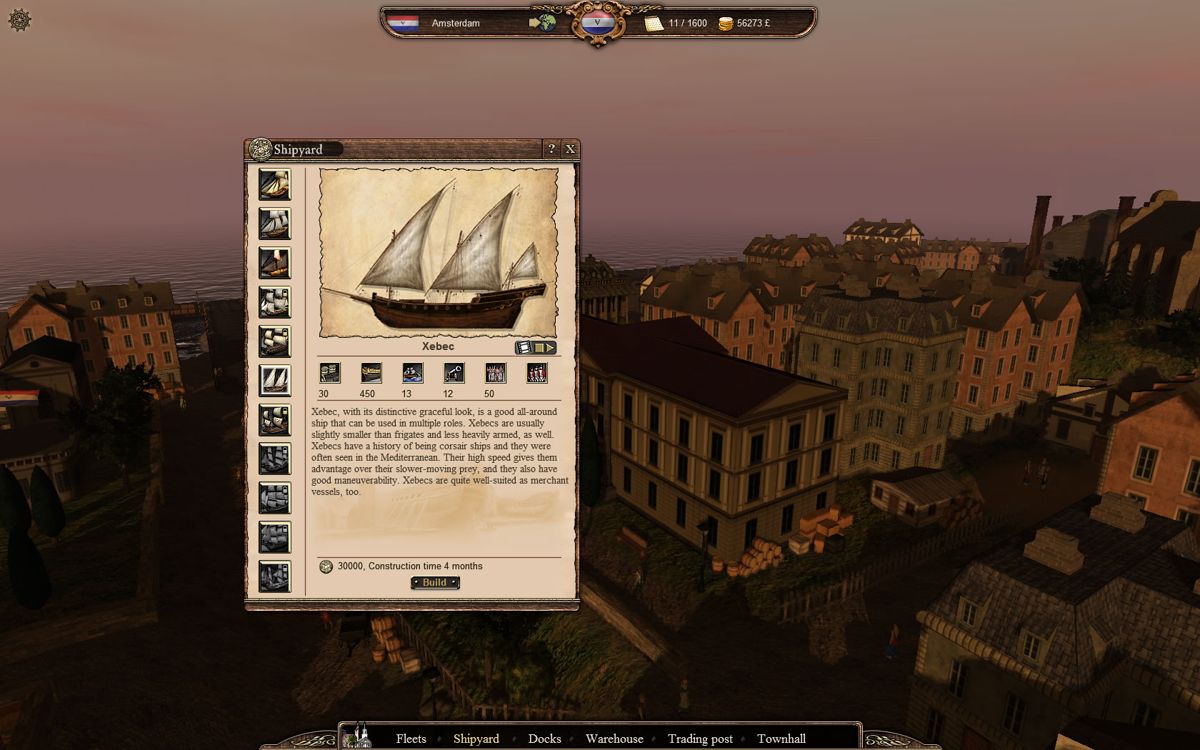



Reviews
There are no reviews yet.